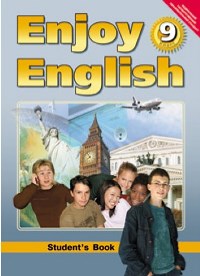What to do after the GCSEs. Биболетова 9 класс
Биболетова 9 класс, Unit 4, Section 1, p. 159 — 164, ex. 18, 20, 21, 27.
What to do after the GCSEs – Что делать после выпускных экзаменов (ГИА)
Ex. 18 Work in groups. Choose one of the two texts. Read through it quickly and answer the following questions. – Работа в группах. Выберите один из текстов. Быстро просмотрите его и ответьте на следующие вопросы.
• Which options do the authors give for choosing a career? – Какие варианты авторы дают для выбора карьеры?
• What are the traditional requirements for a job? — Каковы традиционные требования к работе?
Julian: What to do after the GCSEs…
Having been a fan of detective and courtroom dramas on TV, I was keen to learn more and had an ambition to become a lawyer. After my GCSEs, I didn’t know which way to turn but I suppose I really wanted to find out if I was suited to this profession.
To begin with, I left school after my GCSEs to look for work in a law firm. I put my CV together, made lots of copies and posted them to as many law firms as I could find. I knew that all l could do was basic office duties, such as what an office junior or a runner would do, but at least I would be getting experience and finding out if I liked this working environment. I managed to get an interview and was accepted as an office junior at a law firm only a 15-minute bus ride from my home.
More »
